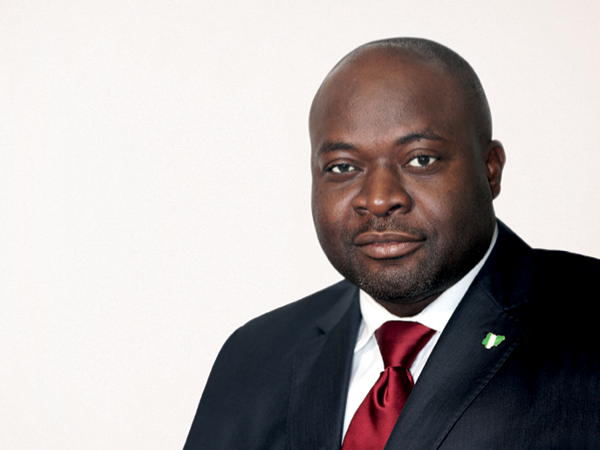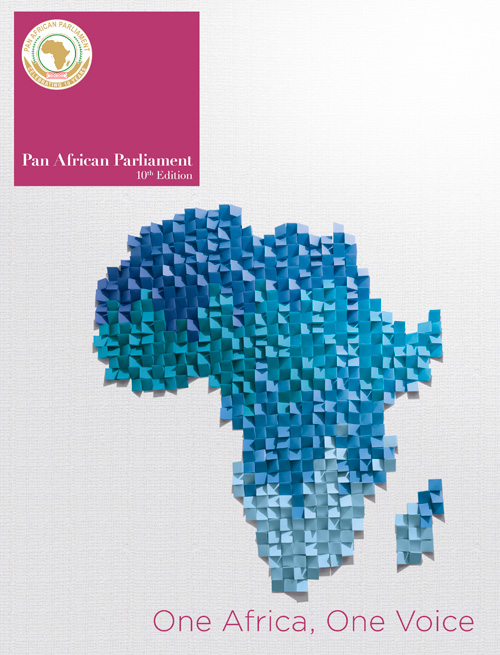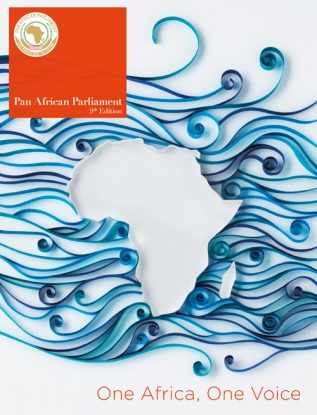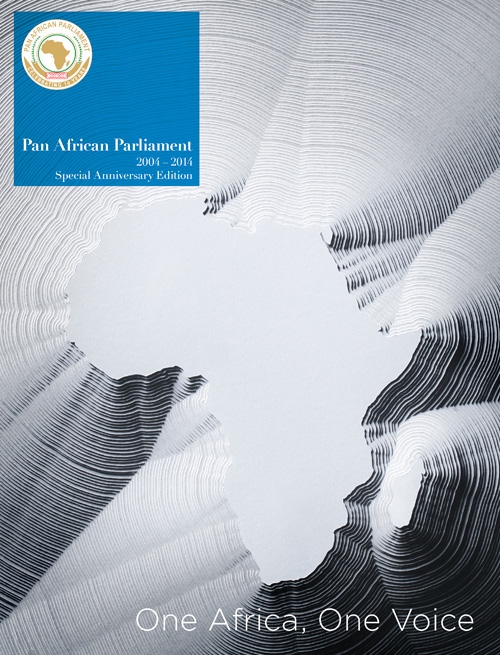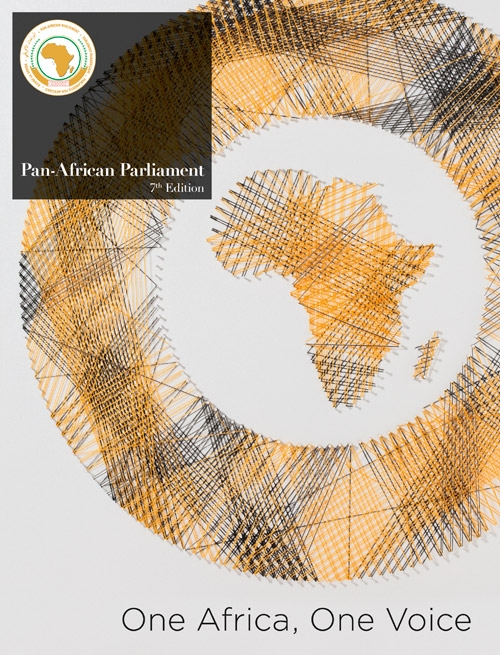
The gathering of many African leaders in the US in early August at the invitation of President Barack Obama is a clear indication of not only how the African continent is now perceived, it is also a sign of its great potential.
The US Africa Leaders Summit allowed the captains of American industry to engage directly with Africa’s Heads of State to discuss public and private development possibilities. The result was the signing of billions of dollars in deals. President Obama promised ‘a partnership of equals that focuses on African capacity to solve problems, and on Africa’s capacity to grow’.
When President Obama spoke about the continent’s capacity to solve problems, he touched on the very aspect of the role the PAP has played since 2004 in its first decade of existence – and what it can help achieve for Africa’s development in the next 10 years.
The continent will become more self-reliant and increase its capacity to influence global policy. With over 1 billion people in Africa today, the population is projected to reach 2.3 billion, many of them young people, by 2050. Fully capturing this potential will depend on Africa’s capability to create wage-paying jobs. Failure to do so will consign millions to toil in subsistence activities and this has the potential of triggering political and social unrest. However, if the talents of this rising youth cohort are harnessed and channelled to the productive sectors of the economy, the opportunities for economic and social development are endless.
The PAP’s 10th anniversary celebrations in March this year were not only a symbol of commemoration, but that of achievement too.
When we cast our memories back to 2004 and the PAP’s nascent beginnings, we can recall those days with great pride, just as we are now privileged to be witnessing, as President Obama put it, a ‘new Africa emerging’.
As our continent has changed in the last decade, so too has our organisation.
The Draft Protocol aiming to transform the PAP into a legislative body was recently considered at the 23rd Summit of Heads of State and Governments, and the Draft Amendments were adopted. This means that the PAP has commenced the process of becoming a legislative body and although it still needs to be ratified by 27 National Parliaments, it is hoped that by June next year, the required ratifications will have been deposited with the AU Commission to enable it to come into force by July 2015.
The legislative powers assigned to the PAP will enable it to make policy frameworks on a range of transcontinental issues, allowing it to have the ability to contribute meaningfully to the economic integration process of the continent.
The challenges we have overcome in the last decade have been significant but they must not detract from the challenges that lie ahead. The PAP is determined to grow the culture of democracy and human rights on the continent, and to work with organisations such as the EU as well as with our colleagues at the AU and National and Regional Parliaments to realise Africa’s promise.
As we look forward we must not forget the past. We pay homage to every member of the PAP, current and former, and its dedicated staff for the role they have played in its continued development and growth. I also wish to give my great thanks to my predecessors as President: Hon Gertrude Mongella and the late Hon Dr Moussa Idriss Ndélé for their leadership of the organisation.
Our Parliamentarians represent all the people of Africa and we at the PAP will continue to speak only one language – that of Pan-Africanism.
Hon Bethel Nnaemeka Amadi, MP
President of the Pan African Parliament


